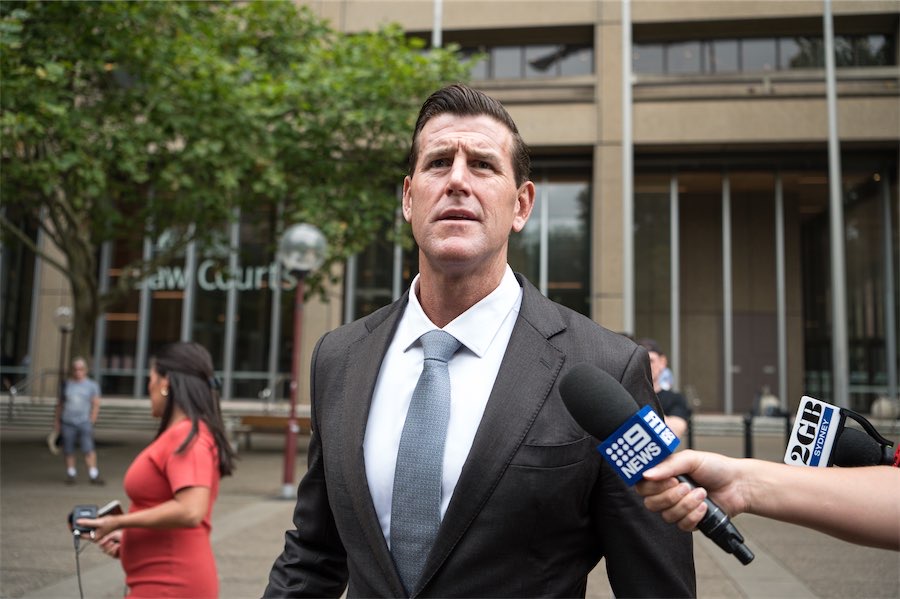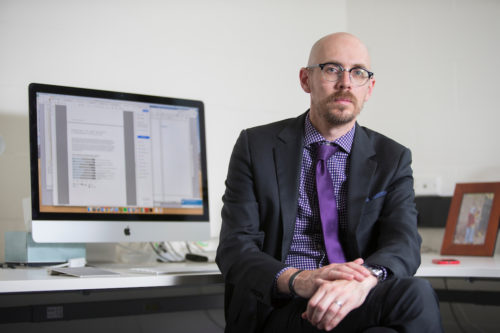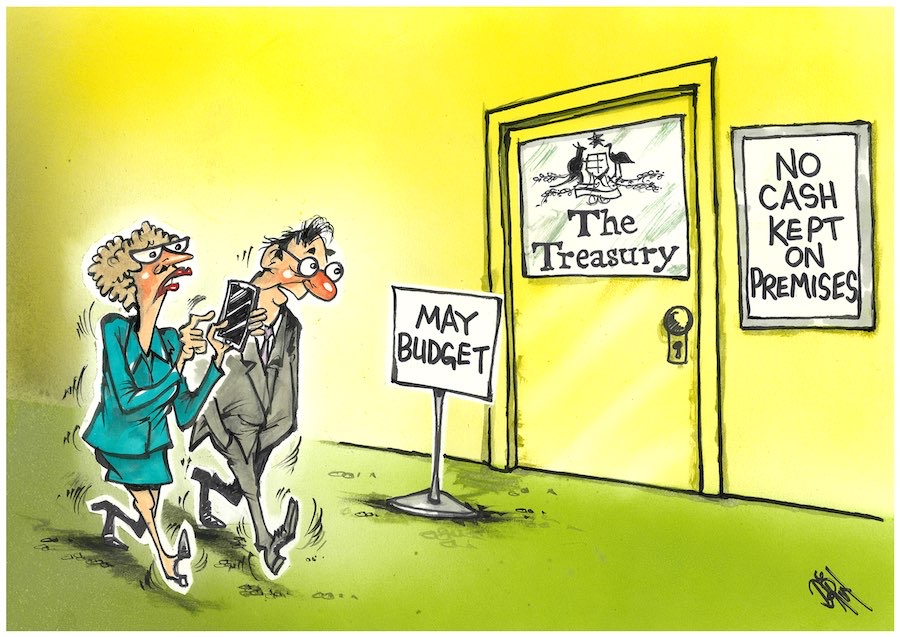
By Miklos Bolza in Sydney
A judge’s concerns about Ben Roberts-Smith’s evidence should not have bolstered claims the ex-SAS corporal ordered the execution of unarmed prisoners or pulled the trigger himself, a court has been told.
The disgraced war veteran is seeking to overturn his defamation loss in June, when it was found reports were substantially true that he engaged in or was complicit in the murders of four prisoners while deployed in Afghanistan.
On Tuesday, his barrister Bret Walker SC said the judge’s “misgivings” about Mr Roberts-Smith’s evidence could not have been used to accept media reports that two prisoners had been executed at a compound called Whiskey 108 in April 2009.
The decorated soldier denies his involvement in any war crimes and has not been criminally charged.
Regarding Whiskey 108, he claims two so-called “squirters” – military speak for insurgents fleeing the battlefield – were shot and legitimately killed.
In his June judgment, Federal Court judge Anthony Besanko rejected the ex-soldier’s claims but did not find he had deliberately lied.
On Tuesday, Mr Walker said the judge erred when ruling in favour of Nine-owned papers The Age and The Sydney Morning Herald plus The Canberra Times in finding that two prisoners had been executed.
“It was not by independently identified defects in the ‘squirters’ narrative that His Honour rejected it,” Mr Walker said.
“It was by noting logically that it was at odds with the version that he said he preferred.”
Just because one version of events was rejected did not mean an alternative version occurred, Mr Walker said.
It was better to conclude that it was impossible to say exactly what happened that day, he argued.
In June, Justice Besanko also found the Victoria Cross recipient ordered one captured insurgent to be executed by a soldier under his command to “blood the rookie”.
Mr Roberts-Smith was also found to have machine-gunned another insurgent and taken his prosthetic leg back to Australia for use as a beer-drinking vessel.
The judge found the ex-SAS corporal ordered the unlawful killing of a prisoner in a cornfield after kicking him off a cliff near the village of Darwan in September 2012.
Mr Walker attacked these findings, saying it was unlikely a so-called “throw-down” alleged by the media companies occurred.
Mr Roberts-Smith has been said to have ordered the execution of Afghan civilian Ali Jan and then carried a radio across a creek bed to his corpse, planting it near the body in the alleged “throw-down” to make it seem like a legitimate kill.
The war veteran claims the man was a spotter giving intelligence to Taliban insurgents and was lawfully shot.
No one had actually seen Mr Roberts-Smith carry the radio over to the body, Mr Walker said.
One eyewitness claimed the communications device had been taken from another spotter killed in action.
However, in other parts of his testimony, he said this piece of equipment had been bagged up and sent back to headquarters for examination before the alleged killing took place.
This witness believed in two things which were “impossible both to be true,” Mr Walker told the court.
While photographs were typically taken of prisoners under control, none had been taken of Mr Jan, the court heard.
An eyewitness called to corroborate the murder allegation admitted identifying Mr Jan by viewing an image of his corpse in 2018 during a defence force inquiry.
“Identification years after an event by being asked whether one person in a photograph is a person in question would not even get into evidence in a criminal case,” Mr Walker said.
The evidence of some Afghan witnesses called to back up the Darwan allegations was unreliable and incorrect, he argued.
Justice Besanko had erred by making an “arbitrary pick and choose” of the parts of this evidence that he accepted or rejected and did not give an explanation as to why he did so, the barrister said.
The appeal hearing continues on Wednesday.
Lifeline 13 11 14
Open Arms 1800 011 046
Who can be trusted?
In a world of spin and confusion, there’s never been a more important time to support independent journalism in Canberra.
If you trust our work online and want to enforce the power of independent voices, I invite you to make a small contribution.
Every dollar of support is invested back into our journalism to help keep citynews.com.au strong and free.
Thank you,
Ian Meikle, editor





Leave a Reply